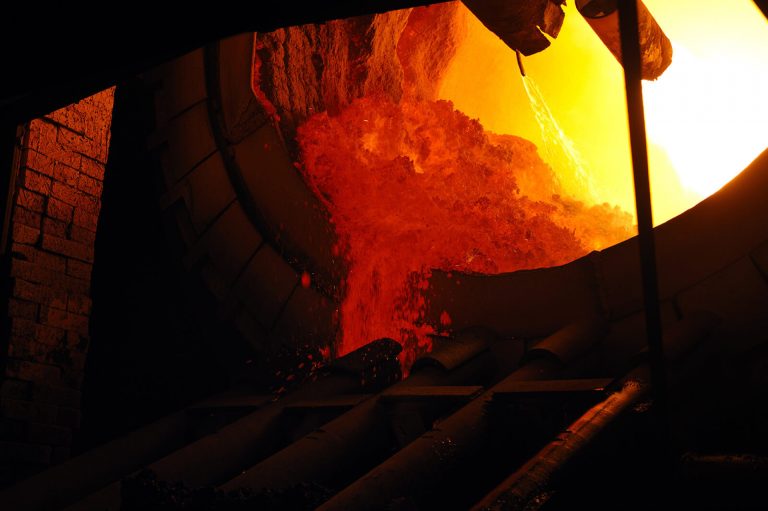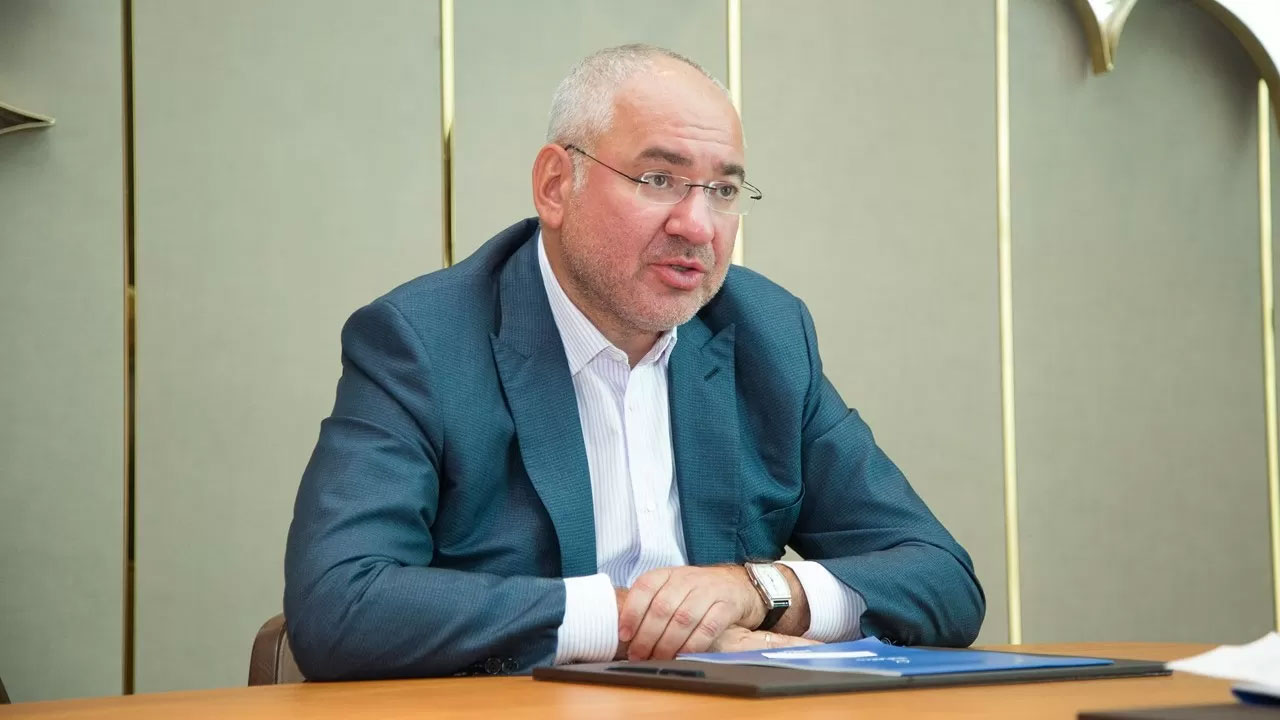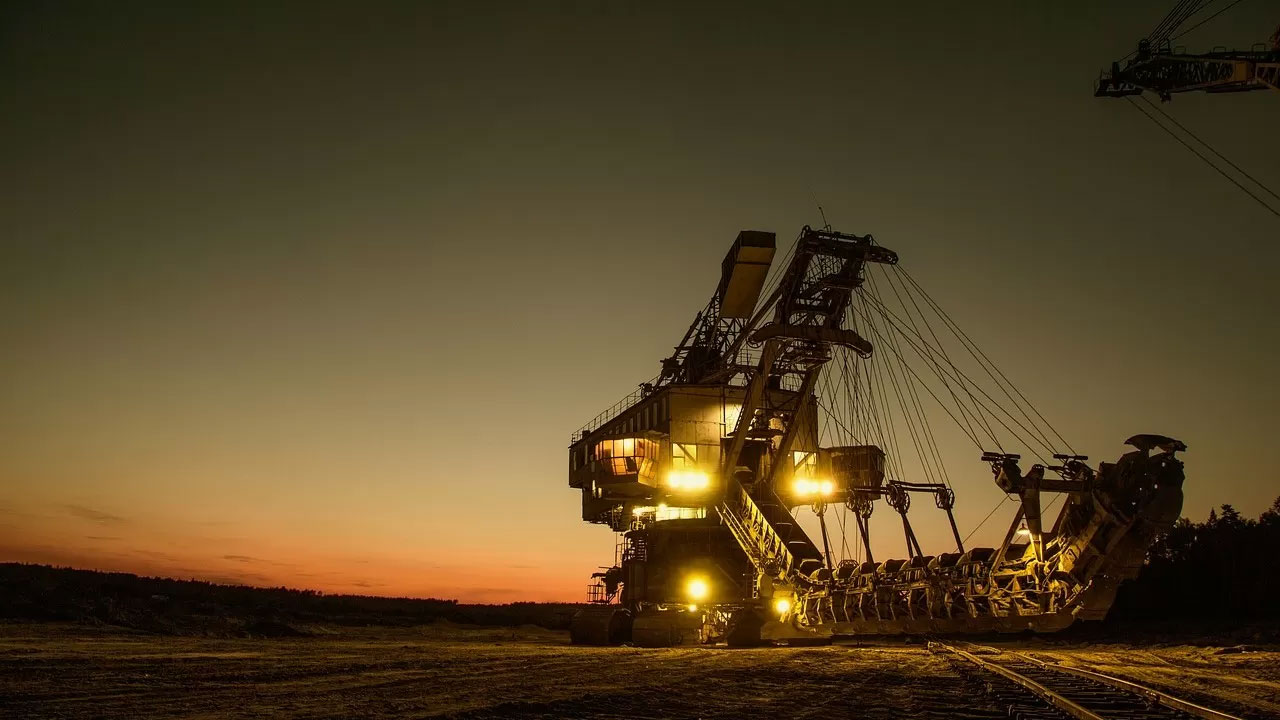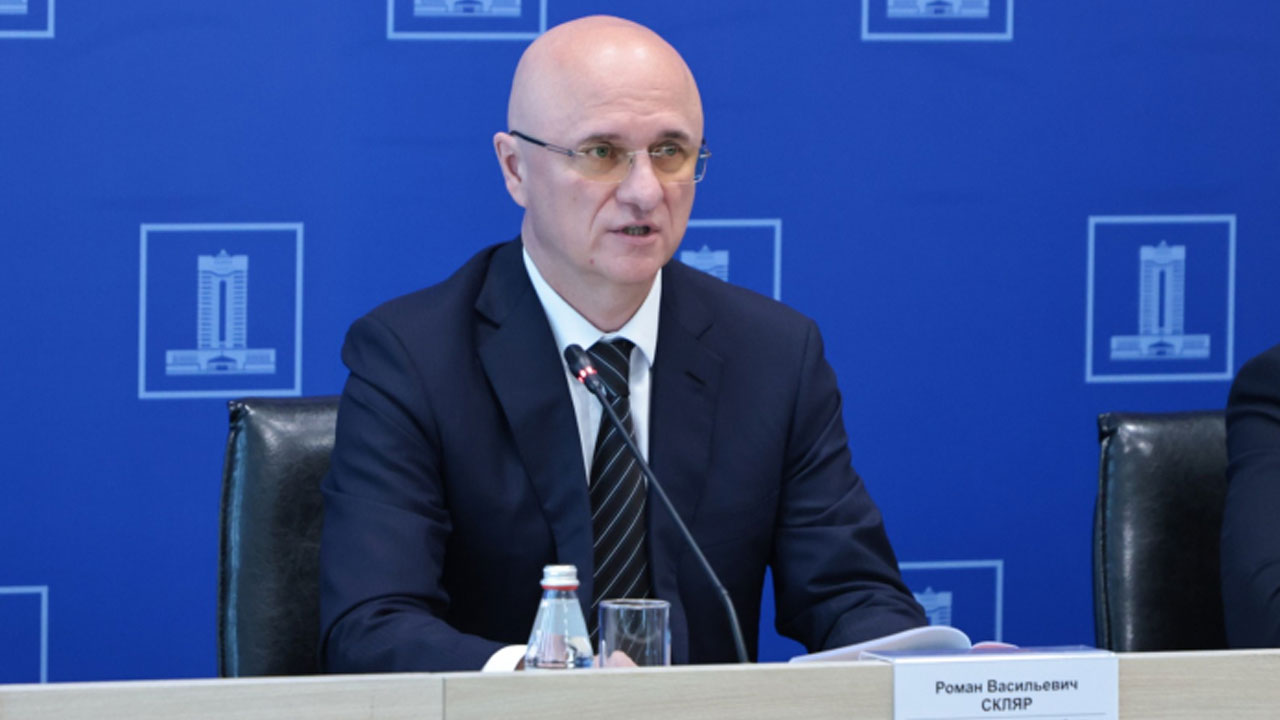Kazzinc refused to build the Hydropolymet workshop at the zinc plant of the Ridder Metallurgical site of the metallurgical Complex (RMP MK). This is stated in a non-technical summary of the hearings for obtaining an environmental impact permit for him in 2025-2034, published on the website. ecoportal.kz .
As you know, the zinc plant of the Ridder complex is part of Kazzinc. Pyro- and hydrometallurgical operations are used in its production to produce mainly zinc and sulfuric acid. Previously, the mining and metallurgical company planned to implement the project of the Hydropolymet workshop for the sequential transition of the hydrometallurgical workshop from the technology of processing oxide from leaded zinc cakes to their direct leaching without additional processing, which would reduce emissions. Leading refers to the process of extracting metals such as zinc and lead by heating polymetallic waste in a rotary kiln.
However, Kazzink had to curtail the Hydropolymet project due to a drop in profitability due to the depletion of its resource base.
Kazzinc carries out metallurgical production of zinc at two plants in the cities of Ust-Kamenogorsk and Ridder in the East Kazakhstan region. Due to the reduction of its own ore reserves (reduction of production at the Tishinsky and Maleevsky deposits in East Kazakhstan region, planned for liquidation in 2028 and 2027, respectively) and deterioration of their quality in terms of zinc content, in recent years the operator of Kazzinc LLP has had to increase the share of loading into the production of expensive purchased zinc concentrates, which in 2025 is It has already accounted for more than 50% of the total load, which has significantly reduced the profitability of zinc production. A significant role in the rise in the cost of zinc concentrates and a decrease in the profitability of zinc production is also played by the sanctions policy supported by Kazakhstan, which excludes the possibility for Kazzinc LLP to purchase zinc concentrates from sanctioned producers from the Russian Federation,” the non-technical summary says.
In addition, the implementation of the Hydropolymet project has become impossible due to the crisis of heat supply in a single-industry town.
“The difficult situation with the Ridder CHPP after its emergency shutdown led to the suspension of the project for the construction of the Kazzink LLP boiler house in Ridder until a possible decision is made to use this boiler house to provide the city with thermal energy, which will lead to a shortage of steam required for the operation of the Hydropolymet workshop (25-30 tons/hour of steam). Weltspechs working at the RMP MK zinc plant using recovery boilers are alternately used to produce thermal energy in the form of steam in the amount of up to 30 tons/hour of steam from each weltspech, which, among other things, is used for the needs of the RMP MK Central Heating Plant to provide administrative and household premises with heat and hot water during the cold season. In connection with this current situation, the shutdown of the welt furnaces after the construction of the Hydropolymet workshop will lead to a shortage of heat, which will negatively affect both the working and living conditions at the RMP MK Central Processing Plant and, in conjunction with the problem of electricity supply to the city of Ridder, the possibility of the Hydropolymet workshop operating with a shortage of steam,” the statement explains. the layout.
Thus, in the absence of a sufficient volume of high-quality raw materials, sanctions restrictions and a crisis in the heat supply of a single-industry town, the construction of the Hydropolymet workshop is unprofitable, as it would require the supply of expensive purchased raw materials, which would entail losses at a high cost of zinc production in the Ridder. Here, the termination of its operation and the maximum utilization of Kazzink’s facilities in Ust-Kamenogorsk with its own raw materials could be economically justified. However, the shutdown of production in a single-industry town would have put 1,400 employees of the Ridder Metallurgical Complex and about a thousand employees of contractors performing maintenance and repairs out of work, the organizers of the hearings argue.
As a result, Kazzinc offers, as an alternative, the introduction of technology for the purification of low-sulfur process gases from Weltskeh through the zinc oxide desulfurization process, which will allow to preserve the process of baking zinc cakes without shutting down the zinc Ridder plant, not to involve additional zinc concentrates in their absence and to ensure a reduction in sulfur dioxide emissions, similar to that adopted as part of the implementation the Hydropolymet project, in accordance with the established levels of the best available technologies (BAT).
The hearings on Kazzink’s environmental application will be held on January 10 at 11:00 a.m. in Ridder, and it will also be possible to participate online.



